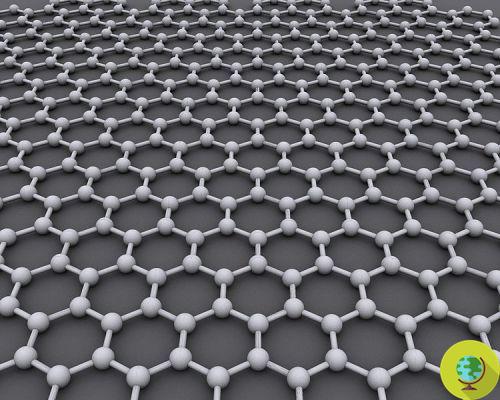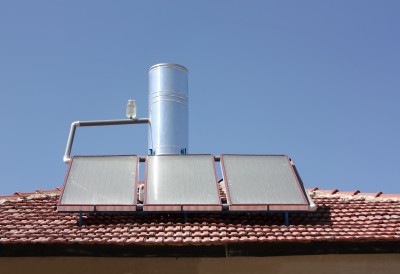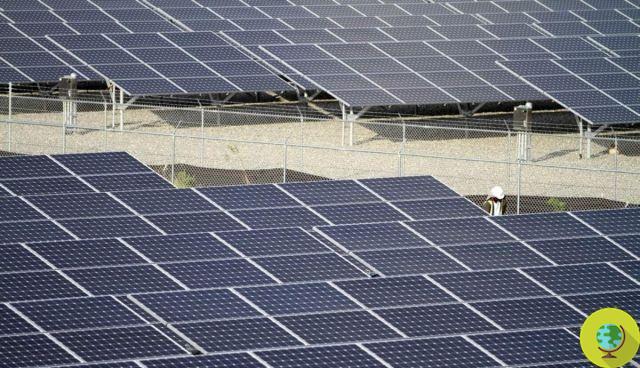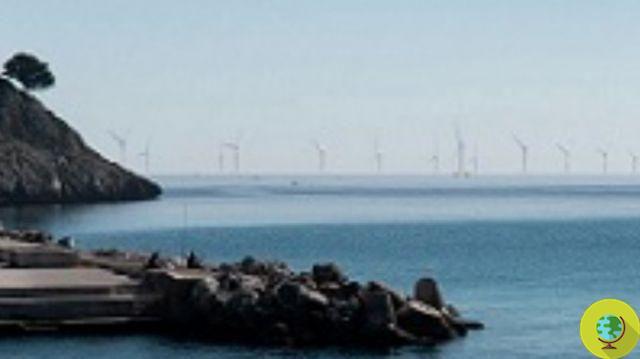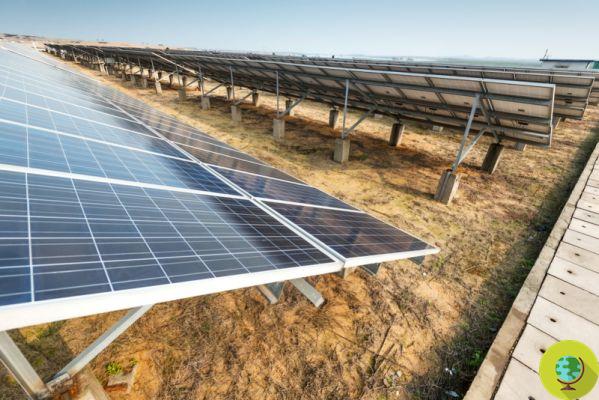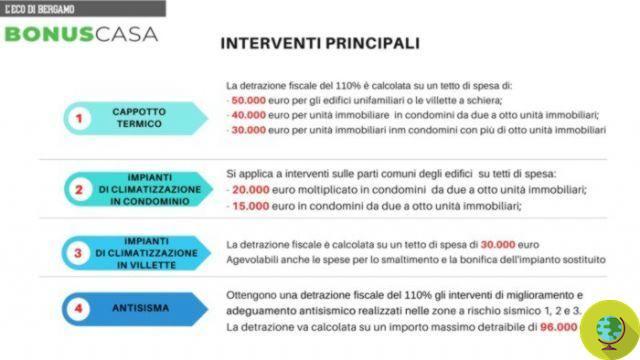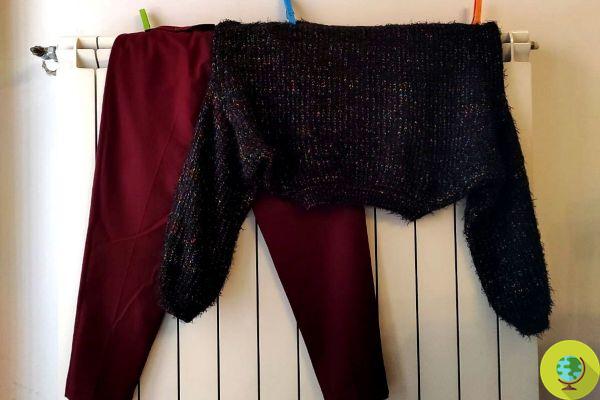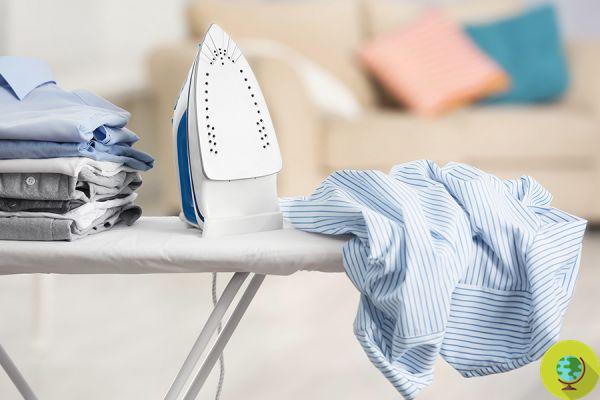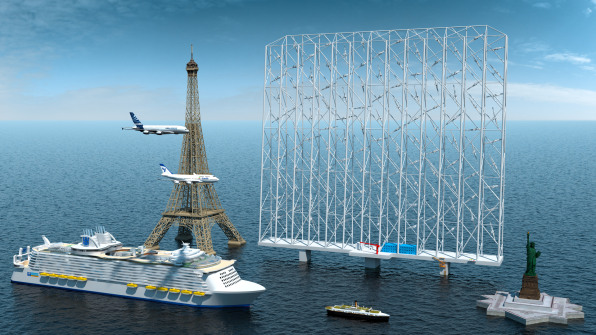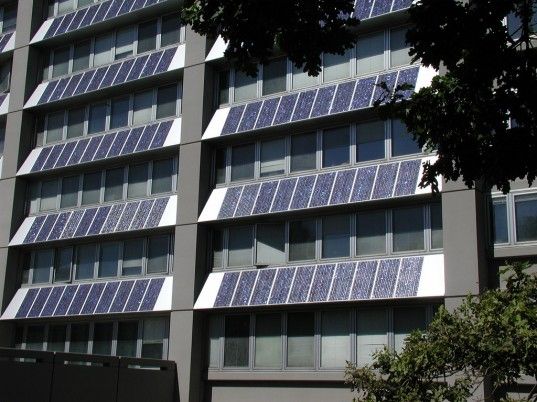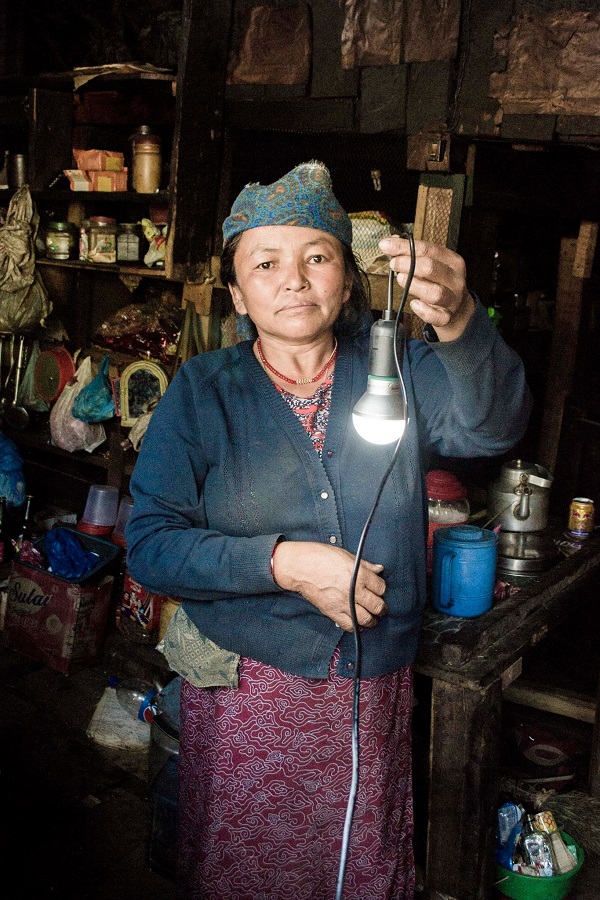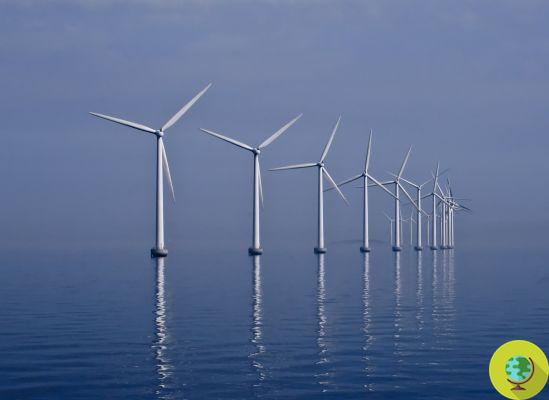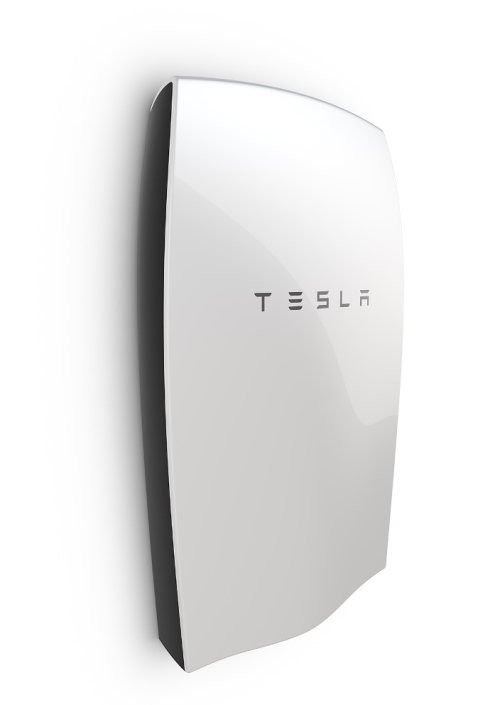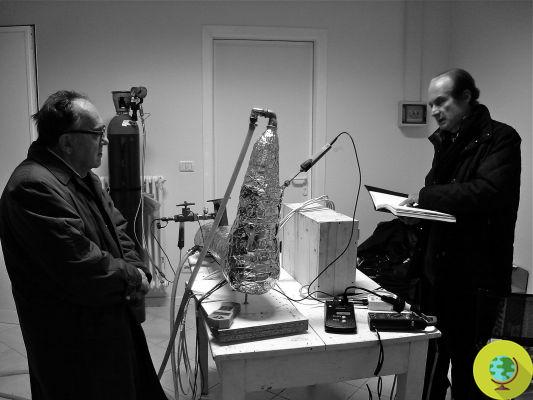In the winter months, you know, the first desire is to live in a well-heated house. Even better, however, if this desire is accompanied by that of saving energy and respecting the environment. A few small interventions are enough to use energy in an intelligent way, also saving on our bills. Here are some practical tips to make the dream come true.
He is about to end up run over, his mother saves him
In the winter months, you know, the first desire is to live in one well heated house. Even better, however, if this desire is accompanied by that of save energy and respect the environment. A few small interventions are enough to use energy in an intelligent way, also saving on our bills. Here are some practical tips to make the dream come true.
In winter the largest dispersion of energy, therefore of heat, takes place through the The walls, roof, windows and the boiler. The heat dispersion they can be minimized or avoided altogether thanks to the thermal insulation of buildings. What is it about? The first step is to contact a qualified technician who, with athermographic survey, identify where in our home there are heat losses.
Identified the critical points you can proceed with the interventions of isolation inside or outside the building. Inside our home we can insulate the walls with insulating panels, apply some controverted in plaster an assembly double glazing on the windows.
These solutions are also useful for eliminating the condensation and mold which form on the walls due to humidity and which, in addition to damaging the walls, are harmful to the health of those who live there, especially the respiratory tract.
Il roof and attics are two other critical points for the dispersion of heat on which one can intervene isolating the part under the tiles and the attic or by entering insulating panels under the ceiling.
To combat the cold, we can then put the coat on the outside of our building. Irony aside, the "coat", as we have seen in the study onthermal insulation coat, is an insulating layer to be applied on the facade of the building, in compliance with the architectural constraints and the technical characteristics of the buildings.
In this regard, the law 28 January n. 2 provides tax benefits for consumers who decide to improve their energy consumption with interventions by energy improvement. The consumer can indeed deduct 55% of the expenses incurred to install solar panels for hot water, for interventions of thermal insulation or for replace the old boiler, up to a maximum of 60.000 euros.
Install a new boiler it first of all presupposes an analysis of the actual consumption of the building, also on the basis of the people who live there. It is on the basis of these that the size of the plant and the timing for its maintenance will be decided. In principle, it is advisable to have the correct functioning and safety of the heating system checked every year.
The technician who will perform the operation will have to release the "Technical inspection report" which certifies the check carried out. This document is mandatory and is used in the case of inspections on our plant by the competent authorities.
We keep a temperature in the house between 18 and 20 C, we avoid covering the radiators with curtains or radiator covers and, even if we will disappoint many housewives, we ventilate the rooms only for a few minutes.
A few tricks for so much more energy!
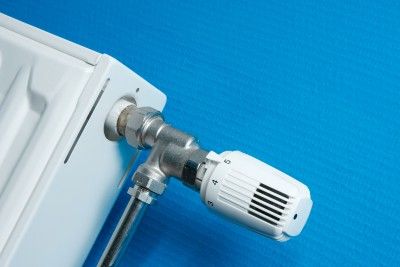
What if we live in an apartment building? The system centralized warming in the past, it did not allow you to decide the temperature and the times for switching on the heating in your home. Today you can! A simple one thermostat applied in place of the radiator knob allows you to adjust temperature and times according to individual needs.
All this can be overcome in the future with the "Passive house". It is one housing standard with reduced energy consumption and almost zero environmental impact. It does not use systems of heating traditional but ensures one constant internal temperature thanks to the heat input generated bysolar radiation, By appliances or by the inhabitants of the house itself.
Hoping for a world of "passive houses" we could reap significant benefits by starting to be all a little more active.
Licia Pasquadibisceglie







